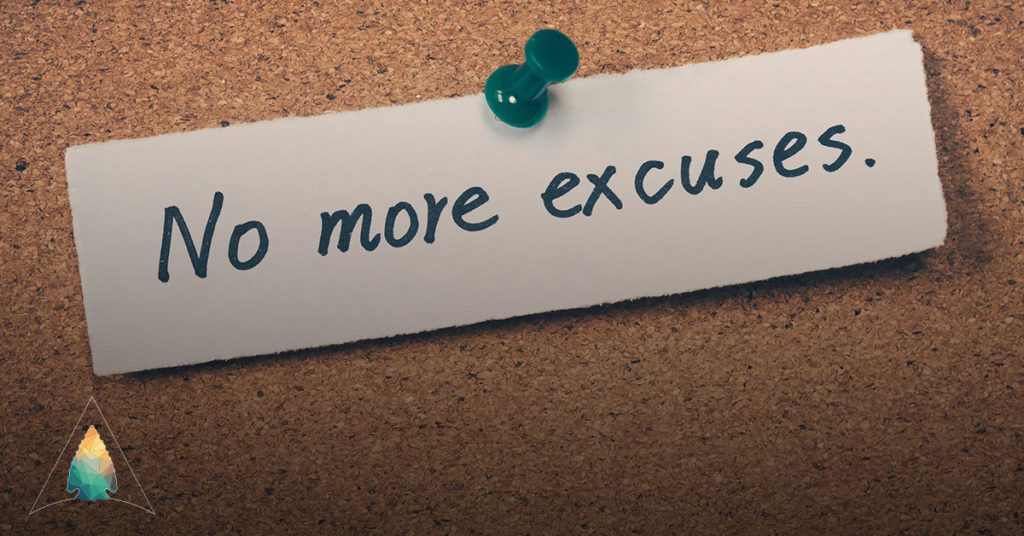
Owning It: Owning Failure is the Path to Success
“Some failure in life is inevitable. It is impossible to live without failing at something, unless you live so cautiously that you might as well not have lived at all — in which case, you fail by default.” J.K. Rowling
Ok, it’s time to be real with each other. Everyone makes mistakes. That’s right. Everyone…even those perfectionists who just rolled their eyes and scoffed or who felt the beginnings of a dreaded flop sweat.
Owning your mistakes means letting go of your comfort zone and embracing failure as a necessary part of success. Many people have found success by not only learning from their mistakes, but by creating a reputation of honesty and integrity. “Respect is earned, not given.” So, what should you do the next time you find yourself on the side of a wrong decision? Here are a few of the things we’ve learned (sometimes the hard way) that could help you with “owning it”:
No Excuses
Gray areas lead to mistrust, so you have to say what you mean and mean what you say. It may be simply put, but when trust is on the line there is no room for excuses. If you’ve made a mistake and you try to explain your way out of it without first owning it, it’s very likely anyone listening is going to question your sincerity. Although this may be easier said than done, remember “the truth will set you free.”
The Sooner the Better
Why admit today what you can put off getting yelled at for until tomorrow? This tendency goes back to early childhood development for many. As children, we hope that if we don’t call attention to a problem then maybe no one will notice. And if no one notices, maybe we can fix everything before anyone else is the wiser. That’s a win-win, right? The reality is it’s a lose-lose.
By delaying bringing a mistake out into the open, we not only risk making the problem worse. Depending on the situation, keeping quiet can be perceived as a question of integrity, of morality, and even a question of professional ethics. Reputation is built on a foundation of results and trustworthiness. Getting out in front of a problem demonstrates honesty and can accelerate the fixing process.
Failure Isn’t the Enemy
“Success is a lousy teacher. It seduces smart people into thinking they can’t lose.” — Bill Gates
Owning a mistake is the first step to learning from it. We don’t admit mistakes when we know we’ll have to pay for them forever so it’s time to stop dwelling on the past. Failure is uncomfortable, but it is the best teacher. The trick is accepting defeat without letting it derail enthusiasm. You face the issue, fix what is fixable, learn the lesson, share with others, and move forward.
Embrace Vulnerability
That word “vulnerability” may be one of the most cringeworthy buzz words of the day. Even as a self-described people person, I have been known to tell classes I teach, project teams I lead, and even my own family “there’s no crying in baseball!” It makes many of us more comfortable to imagine that logic rules in business. The small problem with that mindset is that most of us are humans who work with other humans. There is in fact some crying in baseball as well as the boardroom. Owning your mistakes means embracing vulnerability. In fact, it is a critical trait of the emotionally intelligent leader. People capable of conveying weakness and being vulnerable enough to admit human error, typically demonstrate honesty, strength, and personal accountability.
Perfection isn’t progress. When we fear making mistakes instead of leveraging the powerful lessons failure teaches us, we ultimately limit our potential. Be confident enough in yourself to own your truth and lead with vulnerability. You may be surprised how often you walk away feeling more successful!
Written by Jami Cole, Senior Consultant, Arrowhead Consulting
Thanks for reading! Connect with us on Facebook or LinkedIn!
Arrowhead Consulting – Aimed at Your Success!
